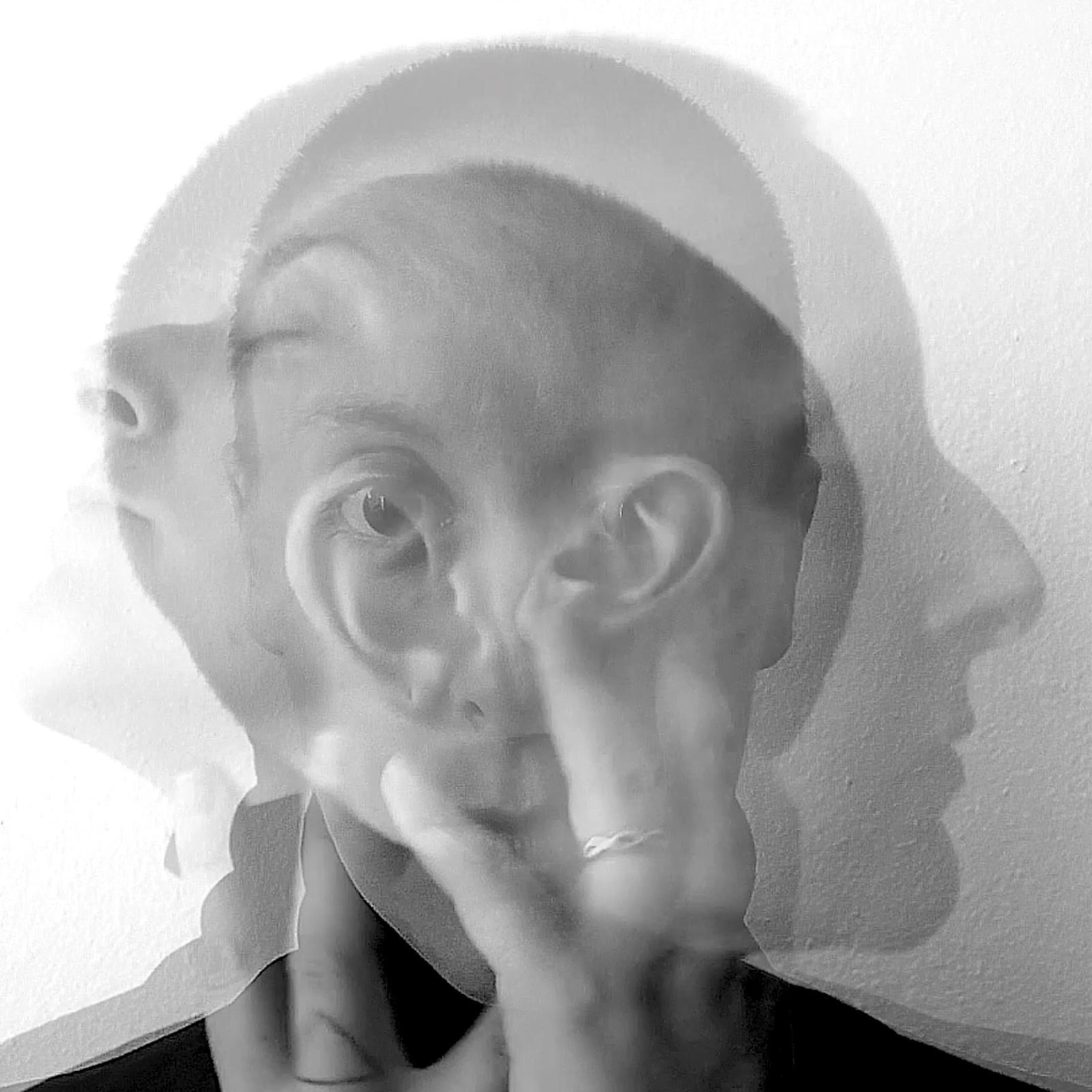Erica "EG" Gionfriddo

Erica Gionfriddo is a dance artist, educator and somatic researcher who believes in the intelligent body each of us occupies. They are co-founder of ARCOS Dance (arcosdance.com), whose ongoing inquiry probes the intersection of technology and humanity through rigorous interdisciplinary experimentation. ARCOS’ recent work has focused on “hacking” consumer technologies, or repurposing them outside of their intended uses, into performance and developing an embodied cyborgian movement language. ARCOS’ experiments in transmedia performance have been presented at festivals and symposia, including the award-winning piece The Warriors: A Love Story (Edinburgh Fringe, Scotland) and Domain (Symposium of Philosophy and Dance, San Marcos, Texas).
Gionfriddo directs ARCOS’ professional development and training programming, which supports independent artists through multiple creative and fiscal platforms. Gionfriddo’s extensive experience with the GYROTONIC® method guides their pedagogy, which they bring in their capacity as an assistant professor of practice in the dance area at The University of Texas at Austin and as a national teaching artist. Gionfriddo holds a B.F.A. in Dance Performance and Choreography from Shenandoah Conservatory and an M.F.A. in Dance from Hollins University.
"My pedagogy is rooted in a body-based practice of unlearning. I infuse my classes with the steady work of naming and reframing thought patterns based in rigid paradigms that perpetuate white supremacist ideals like perfectionism, hustle culture, power hierarchies, binary thinking, individualism, and silencing. In particular, I confront the false narrative that there is a “normative” body. The dance world is just beginning its disentanglement from historically abusive patterns of racism, misogyny, classism, and the erasure of artists of Color and their cultures. These long-permitted toxic and destructive behaviors in our dance training and performance practices are passed down to us, often unintentionally and disguised as “discipline.” In my classes, we persist in identifying our own internalized idea of the “normative” body as it influences how we perceive and react to race, gender, wealth, thinness, and what we even consider to be “dance.” These are the objectives of my “hidden curriculum” in every course and I constantly experiment with how my course policies and materials like the syllabus create the conditions for students to actively practice this unlearning."

